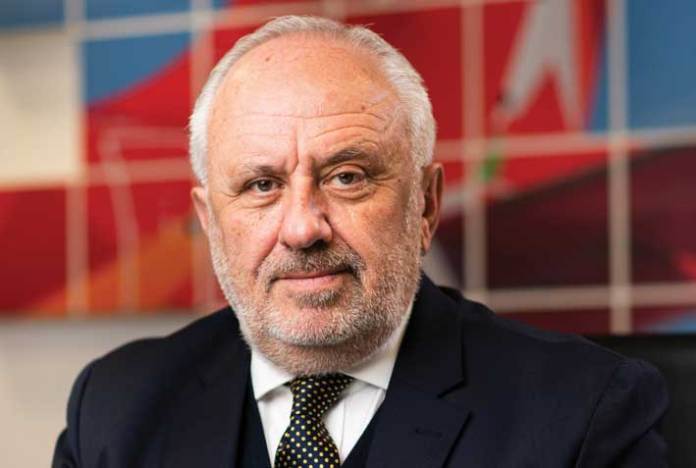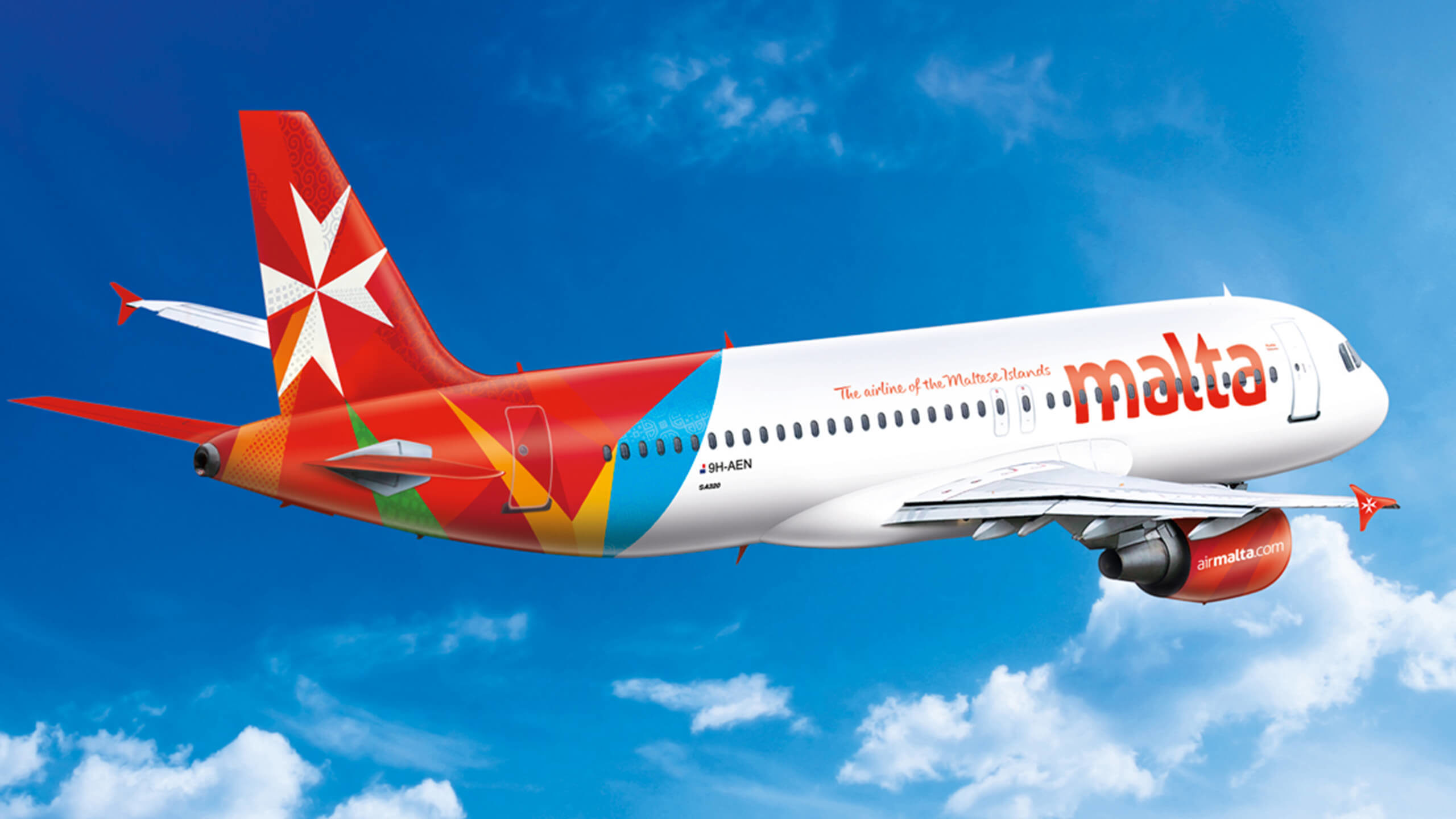Air Malta executive chairman David G. Curmi on Monday confirmed what has long been suspected – that the national airline will be closing down as the European Commission is refusing to sign off on the Maltese Government’s request to inject €290 million into the ailing company.
Minister for Finance and Employment Clyde Caruana, whose portfolio includes Air Malta, has since played down the shock announcement, back-tracking from Mr Curmi’s statement.

“A new airline is one of a number of options before the Government,” he said. “It would be premature to comment for now, even due to the fact that there are around five matters on which there is still no agreement on, so I must see that there is an agreement reached on everything.”
In fact, many employees and even the majority representative, the General Workers Union, report being left in the dark about the decision.
“We’re hearing about all this from the media,” said one worker.
With all that said, if Air Malta as currently constituted does close down to be replaced by a new slimmed-down airline, there are a few things that could happen.
Routes to key destinations could be eliminated
Early last year, Mr Curmi threw a spotlight on the airline’s unprofitable routes, saying that “every route was running at a loss”.
However, some were worse than others, leading to a decision to cut the total routes served by half, from 40 to 20, saving the company €44 million.

Since a new airline would need to prove the viability of each one of its routes, the total number of destination might be very limited.
On the other hand, a source familiar with the airline industry tells BusinessNow.mt that that the overall cost base is so bloated that even those routes with a good load factor were losing.
“If it is restructured completely from scratch, even the difficult routes could become sustainable,” he said.
It will likely get more difficult to transport cargo to and from Malta by air
Air Malta’s cargo operations have grown in recent years, with its head of cargo sales and marketing describing the market segment as an “ever-expanding” one.
The national airline’s commitment to service has seen it transport urgent medicines, diplomatic mail, newspapers, spare parts for ships, and human remains.
Whether a new airline will have the same level of commitment to national service remains to be seen.
All its unpaid dues and debts could be written off
Air Malta’s liabilities as of the present day are not publicly known. The last financial statements published by the company refer to financial year 2018, which ended on 31st March 2019.
As of that date, Air Malta had current liabilities of €25 million in trade payables, €15 million owed to ‘related parties’, €4 million in social security and related dues, and a €10 million bank overdraft.
It had accumulated losses of over €223 million, putting it in negative equity territory – meaning that the sum of the airline’s liabilities was greater than the combined value of its assets. By January of last year, its total losses had grown to €258 million.
The winding up of the company likely means that a portion if not all its dues will be cancelled, possibly putting suppliers and service providers in a bind.
The €25 million of trade payables could be of particular concern here. These comprise “obligations to pay for goods or services that have been acquired in the ordinary course of business from suppliers”.
While keeping in mind that this information is now a few years ago, any supplier to Air Malta should keep an eye on the next developments. Should the airline shut down without honouring its obligations, the fallout on its partners could be significant.
Air Malta is dead. Long live Air Malta!
Who owns the name ‘Air Malta’? Not Air Malta, which sold off the brand name to a Government-owned company set up as a holding company for the airline’s intellectual property. The company is appropriately named IP Holding, and is currently led by the permanent secretary within the Ministry for Economy, European Funds and Lands, Ronald Mizzi.
Mr Mizzi served under scandal-plagued Minister Konrad Mizzi when he was the Minister responsible for Air Malta. This hiving off of the Air Malta brand is understood to be among his last actions before he was stripped of the portfolio amidst the political crisis in late 2019.
The Government paid Air Malta €21 million to acquire its brand in 2019, in what was seen at the time as a last-ditch attempt to pump much-needed funds into the company without falling foul of EU state aid rules.
The transfer, which was kept under wraps, resulted from an estimation of the brand’s value by the UK-based Brand Finance, a company specialising in attributing financial value to brands.
Although the final details of the deal with the EU have yet to be revealed, a new airline could feasibly retain the Air Malta name by leasing the right to use the name from the Government.
European Parliament adopts regulation making it easier for companies to be paid on time
The maximum credit term under the new Late Payment Regulation is to up to 120 days, for some sectors
French ATC strike forces Ryanair to cancel over 300 flights, affecting 50,000 passengers
The low-cost carrier is demanding the EU carries out reforms to ensure travel continues undisrupted
Valletta ranks 8th most expensive European capital city to live in – study
While London is the most expensive, Bucharest is the most affordable






